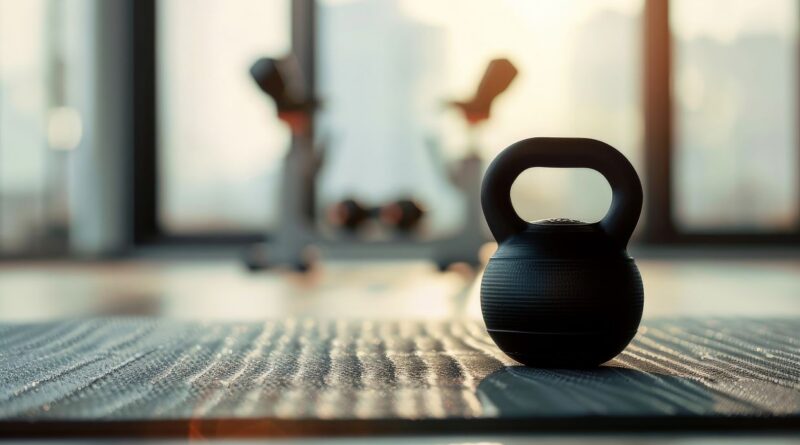Why women should consider lifting weights as they approach menopause
Menopause affects women right down to their bones, which is why strengthening their bones is especially important during and after menopause. , says Dr May Al-Araji, specialist in women’s health and family medicine at Mayo Clinic Healthcare, London.
This is a good time to add strength training activities like weight lifting to your exercise routine, Dr Al-Araji says.
“Menopause has a multi-system effect. It can literally affect you from top to bottom, including your skin, hair, brain, central nervous system, heart, organs the body and the skeletal system,” he explains.
Stressing the bones during perimenopause and after menopause can increase bone density and reduce the risk of osteoporosis.
“Weight-bearing exercise is key to bone health,” says Dr Al-Araji.
But that doesn’t mean you have to be a bodybuilder.
“It’s all about resistance,” explains Dr. Al-Araji. “You gradually develop it.”
For example, instead of starting with barbells or dumbbells, try exercising with resistance bands, also called resistance-tubing. You can use your own body weight to create resistance while exercising.
There are different types of exercises, from lunges that use the body as resistance to resistance band exercises to exercises with free weights and weight machines.
Eat well
Women who are approaching or going through menopause can also strengthen their bones by not smoking and eating a healthy diet, including foods rich in vitamin D such as fortified milk. D, grain and fatty fish such as salmon, mackerel and sardines, and a lot of calcium, including milk. produce, almonds, broccoli, kale, salmon, sardines and soy products.
If you’re not getting enough vitamin D in your diet, talk to your health care team about supplements, Dr. Al-Araji advises.
It is also important to achieve and maintain a healthy weight, with one important caveat, says Dr Al-Araji: “Try to avoid rapid weight loss. Bones don’t like it. Bones Ours likes to lose weight slowly, built up over time.”
If you are trying to lose weight quickly, it is important to work with a health care team in order to reduce bone loss, he adds.
Hormone replacement therapy and other medications can be considered when osteoporosis is diagnosed in perimenopause or menopause women, Dr Al-Araji says.
Bone disorders
When should a woman approaching menopause or in her postmenopausal years be concerned that she may have bone problems? There are several symptoms that should prompt you to visit a health care team, Dr. Al-Araji says:
• If you feel a burning pain in your bones.
• If your bones hurt.
• If you break a bone in a simple fall. This is known as a fragility fracture. For example, if you fall from a height (such as slipping or tripping) and break a bone.
• If you are taking medicines that suppress your immune system, known as immunosuppressants.
• If you are taking corticosteroids.
• If you have a family history of osteoporosis.
• If you have an autoimmune disease such as rheumatoid arthritis.
• If you had an X-ray and it shows weak bones, known as osteopenia.
However, in general, concerns about bone health should not cause women to avoid exercise for fear of damaging their bones, Dr Al-Araji says.
He says: “As long as you are doing something that you are comfortable with, I would encourage you to exercise in any way, even as simple as walking.”
“Going fast is fine. Get your heart pumping more than usual, and get a sweaty skin. That’s really good exercise, and the general advice is to walk for 30 minutes at least five times a week, if possible.” – Mayo Clinic News Network/Tribune News Service
#women #lifting #weights #approach #menopause
